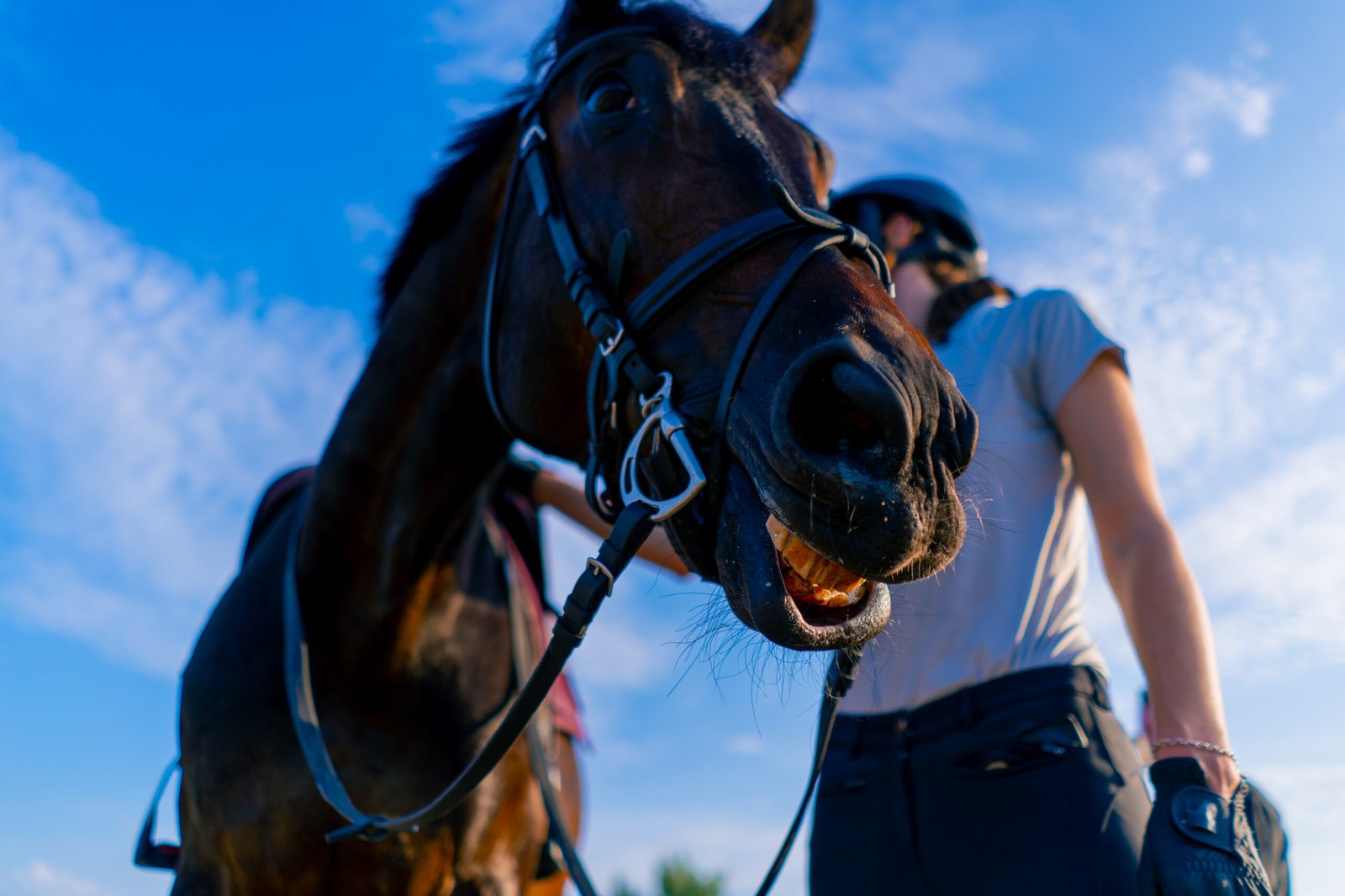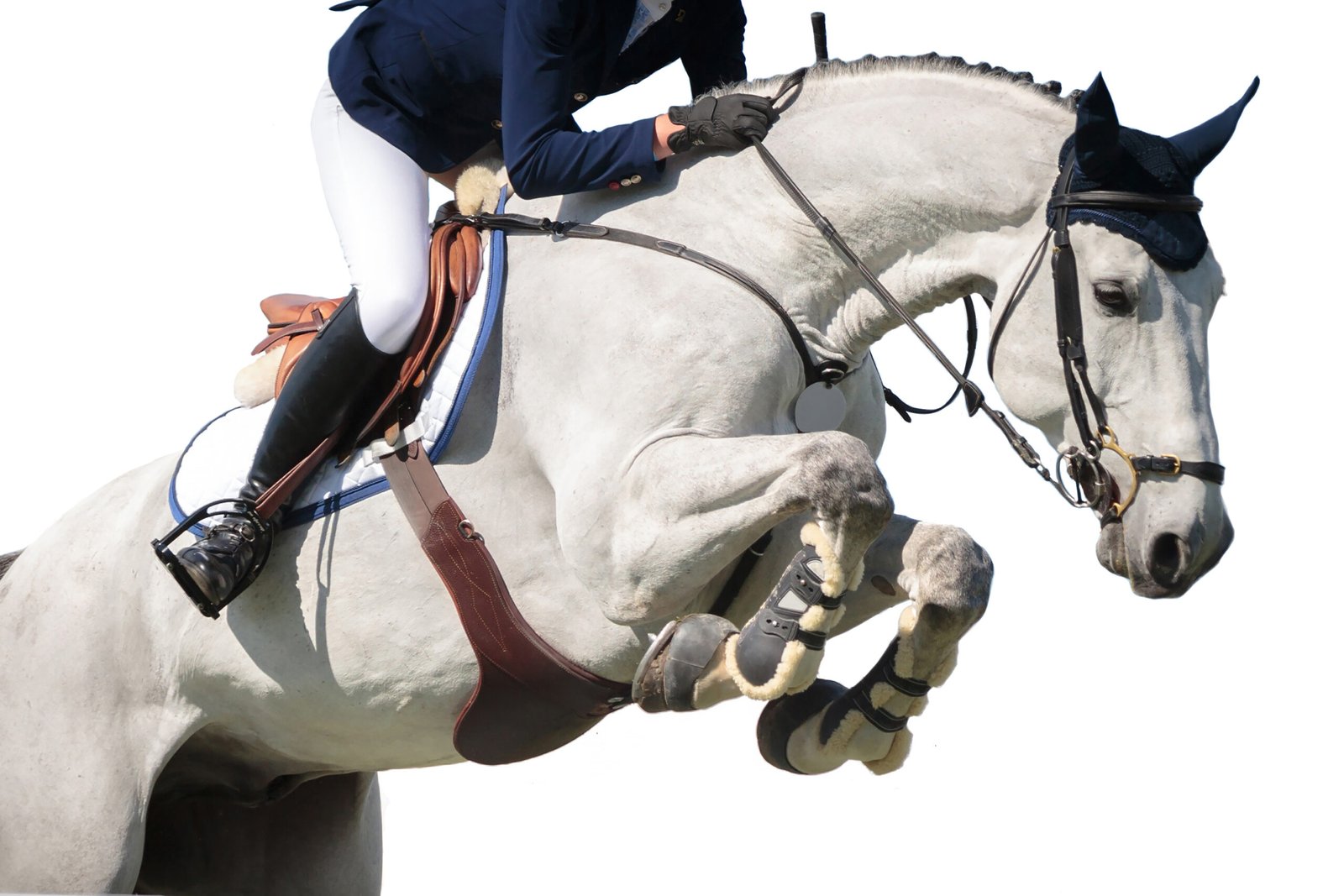How Jockeys Shape the Outcome: The Role of the Rider in Horse Racing
Home > Single Blog

Horse racing is often described as a symbiotic relationship between horse and rider, where both elements must be in perfect harmony to achieve victory. While the speed, stamina, and strength of the horse are obvious contributors to success, the role of the jockey is equally significant in shaping the outcome of a race.
The jockey’s responsibility extends far beyond simply sitting on the horse and steering it around the track. It involves understanding the animal’s behavior, crafting race strategies, timing moves perfectly, and making split-second decisions in high-pressure situations. In this post, we’ll explore the various ways jockeys influence the outcome of a race and how their skills are vital to success.
1. Mastering the Art of Communication
The bond between jockey and horse is built on subtle, almost invisible communication. A jockey must understand and interpret the horse’s behavior while conveying their instructions without verbal commands. Horses respond to cues such as shifts in the jockey’s weight, the pressure of the reins, and the use of the crop (within the ethical regulations of the sport).
Balance and Weight Distribution
Balance plays a crucial role in a jockey’s effectiveness. A skilled jockey knows how to remain light and balanced in the saddle, allowing the horse to move freely without unnecessary restriction. Small shifts in weight distribution can signal to the horse when to accelerate, maintain speed, or slow down. The better a jockey can manage their balance, the more energy-efficient the horse becomes, which is crucial during the final sprint to the finish line.
Rein and Leg Cues
The reins act as the primary mode of communication between the jockey and the horse. By applying subtle pressure or loosening the reins, jockeys can direct the horse’s speed, positioning, and maneuvering during the race. Similarly, leg cues help guide the horse’s direction and pace. A skilled jockey will know exactly how much pressure to apply at different moments, ensuring the horse remains comfortable and focused on the race.
2. Race Tactics and Strategy
One of the most vital roles of a jockey is to develop and execute a race strategy that complements the horse’s strengths while adapting to the conditions of the race. Jockeys must be highly knowledgeable about the course, weather conditions, competition, and the horse’s abilities to formulate a winning plan.
Understanding the Horse’s Running Style
Every horse has a unique running style that influences how a race should be approached. Some horses are natural front-runners, excelling when they can lead the pack from the start. Others prefer to conserve their energy in the middle of the field and make a late surge in the final stretch. It is the jockey’s job to recognize and adapt to the horse’s preferred running style and adjust the strategy accordingly.
For example, if a horse performs best as a closer, the jockey will need to hold the horse back during the early stages of the race, preserving energy for a final burst of speed. On the other hand, if the horse is a strong starter, the jockey will aim to establish an early lead and maintain a pace that keeps competitors at bay.

Position in the Field
Positioning within the pack can make or break a horse’s chances of winning. A jockey must be constantly aware of where the horse is relative to other competitors and must anticipate potential obstacles or opportunities for overtaking. Jockeys often aim to position their horses near the rail, where the distance traveled is shorter, but they must balance this with the risk of getting boxed in by other horses.
In fast-paced races, jockeys must also make decisions about whether to push the horse early to gain a strategic advantage or hold back and avoid burning too much energy too soon. These decisions require an in-depth understanding of the horse’s stamina and the ability to predict how the race will unfold.
3. Timing and Decision-Making Under Pressure
The ability to make quick, accurate decisions is one of the most critical skills a jockey must possess. Horse racing moves at a lightning-fast pace, and a jockey’s ability to time moves perfectly—whether it’s when to start the final sprint, when to overtake a competitor, or when to conserve energy—can often determine the outcome of the race.
Judging the Perfect Moment to Strike
Timing is everything in horse racing. A jockey must judge when to ask the horse for its full effort. If a jockey asks the horse to sprint too early, the horse may tire before reaching the finish line, allowing competitors to overtake in the final moments. If the jockey waits too long to push for a sprint, there may not be enough track left to catch the leaders.
The most successful jockeys have a deep understanding of their horse’s energy reserves and know exactly how far they can push the horse without exhausting it. This balance of patience and aggression is a hallmark of elite jockeys.
Handling Race Dynamics and Competitors
In addition to timing, jockeys must constantly adapt to the ever-changing dynamics of the race. Competitors may make unexpected moves, the horse may not respond as expected, or track conditions may change suddenly. Jockeys must think on their feet, making quick adjustments to their strategy based on how the race is unfolding.
For instance, if a key competitor suddenly surges ahead, a jockey may need to adjust the pace to prevent falling too far behind. Conversely, if other horses are tiring, a jockey might decide to take advantage and make an early move.
4. Physical Fitness and Endurance
While the horse is undoubtedly the primary source of power in a race, jockeys must also possess a high level of physical fitness and endurance. Racehorses can reach speeds of up to 40 miles per hour, and jockeys must be able to maintain control and balance while staying light and aerodynamic in the saddle.
The Demands of Racing on the Body
Jockeys face intense physical demands, as they must ride in a crouched position throughout the race to reduce wind resistance. This requires strong core muscles, balance, and excellent leg strength. Additionally, jockeys must be agile enough to adjust their position quickly to help the horse navigate turns, avoid obstacles, and maintain momentum.
Weight management is another critical aspect of a jockey’s physical fitness. Jockeys are often required to maintain very low body weights—sometimes as low as 110 pounds—to meet race requirements. This requires strict diet and exercise regimens, as well as mental discipline to stay in top physical shape.
5. Relationship with the Horse
Beyond the technical skills and physical demands, the relationship between a jockey and their horse plays a crucial role in the horse’s performance. Horses are highly sensitive animals, and their confidence and focus can be influenced by the rider’s demeanor. A jockey who has built a strong bond with their horse is more likely to get the best out of them during a race.
Building Trust and Confidence
The best jockeys develop a deep sense of trust and rapport with their horses through consistent training and interaction. By spending time with the horse outside of races—during morning workouts, gallops, and routine care—a jockey can learn the horse’s quirks, preferences, and temperament. This understanding allows the jockey to anticipate how the horse will react during a race and tailor their strategy accordingly.
A confident, calm jockey can instill a sense of reassurance in the horse, especially in high-pressure environments. This connection between jockey and horse can be the deciding factor in a tight race, as a horse that trusts its rider will be more willing to push beyond its limits when asked.



